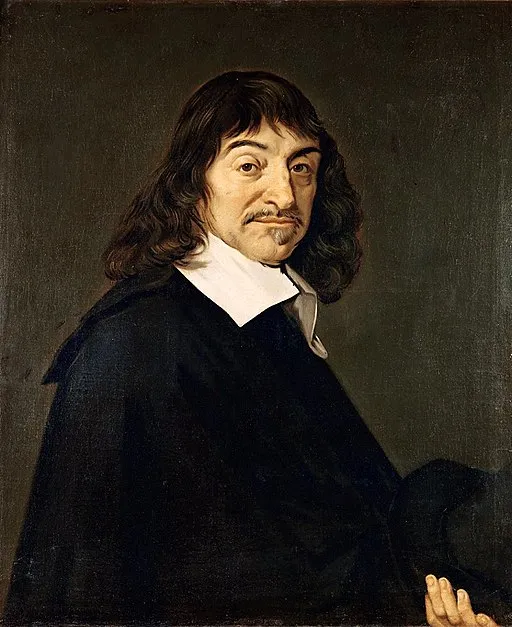
René Descartes: The Father of Modern Philosophy
Introduction
René Descartes, often referred to as the "Father of Modern Philosophy," laid the groundwork for much of modern Western philosophy. His method of doubt and emphasis on rationality profoundly influenced the development of science and philosophy. Descartes' famous dictum, "Cogito, ergo sum" ("I think, therefore I am"), encapsulates his approach to epistemology and metaphysics, asserting the foundational role of self-awareness in human knowledge.
Life and Historical Context
René Descartes was born in 1596 in La Haye en Touraine, France. He studied at the Jesuit college of La Flèche and later pursued a law degree at the University of Poitiers. Descartes' travels across Europe and his engagement with the scientific and intellectual movements of his time influenced his philosophical development. Living during the Scientific Revolution, Descartes sought to apply mathematical and scientific principles to philosophy, emphasizing reason as the path to true knowledge.
Key Ideas and Philosophical Contributions
Descartes' philosophy centers on the use of reason and systematic doubt to achieve certainty in knowledge.
Method of Doubt: Descartes employed radical doubt as a methodological tool, questioning the certainty of all beliefs to establish a foundation of indubitable knowledge.
Cogito, ergo sum: Through systematic doubt, Descartes arrived at the realization that while he could doubt everything, he could not doubt that he was doubting, leading to the conclusion "I think, therefore I am."
Cartesian Dualism: Descartes posited a fundamental distinction between mind and body, with the mind being a non-material, thinking substance and the body a material, extended substance.
Mechanistic View of the Physical World: Descartes viewed the physical universe as a vast, intricate machine governed by mechanical laws, laying the groundwork for the scientific method and modern physics.
Meditations on First Philosophy: In this work, Descartes explored the nature of existence, the mind-body relationship, and the existence of God, using methodical doubt to build a foundation for certain knowledge.
Influence and Legacy
Descartes' ideas have had a profound impact on philosophy, science, and mathematics. His emphasis on reason and skepticism influenced the Enlightenment and subsequent philosophical movements, including rationalism and empiricism. Descartes' mechanistic view of the physical world and his contributions to analytic geometry provided a basis for the development of modern science. His dualistic view of mind and body continues to be a central topic in philosophy of mind and cognitive science.
Notable Works
Descartes' writings cover a range of topics, from philosophy and mathematics to science:
Meditations on First Philosophy: Explores foundational issues in metaphysics and epistemology.
Discourse on the Method: Outlines Descartes' method of doubt and his approach to scientific inquiry.
Principles of Philosophy: A comprehensive overview of Descartes' philosophical system, including his physics and metaphysics.
Rules for the Direction of the Mind: Descartes' early work on the principles of scientific method and reasoning.
Geometry: An appendix to the "Discourse on the Method," where Descartes develops the Cartesian coordinate system, foundational to analytic geometry.
Passions of the Soul: Examines the nature of human emotions and their relationship to the body and mind.
Conclusion
René Descartes' rigorous approach to philosophy and science laid the foundations for modern intellectual inquiry. His method of doubt, emphasis on reason, and dualistic view of mind and body continue to influence contemporary philosophy and science. By engaging with Descartes' ideas, we are invited to explore the depths of human knowledge, the nature of existence, and the potential for scientific and philosophical discovery.
Further Reading and External Links
- Descartes, René. Meditations on First Philosophy. Archive.org
- Descartes, René. Discourse on the Method. Archive.org
- Descartes, René. Principles of Philosophy. Archive.org
- Descartes, René. Rules for the Direction of the Mind. Archive.org
- Descartes, René. Geometry. Archive.org
- Descartes, René. Passions of the Soul. Archive.org
- Stanford Encyclopedia of Philosophy: Descartes
- Internet Encyclopedia of Philosophy: Descartes
- Encyclopedia Britannica: René Descartes
This article aims to provide a comprehensive overview of René Descartes' philosophy, encouraging further exploration and understanding of his profound contributions to human thought.